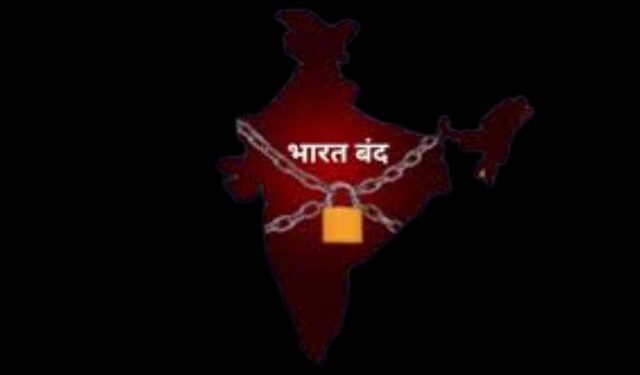A massive nationwide strike involving over 25 crore workers is expected to disrupt services across India on Wednesday, July 9, as ten central trade unions launch a coordinated protest against what they call the government’s “anti-worker, anti-farmer, and pro-corporate” policies.
The strike—coined Bharat Bandh—is being organised by a forum of trade unions, including the All India Trade Union Congress (AITUC) and Hind Mazdoor Sabha. Workers from sectors such as banking, insurance, postal services, coal mining, and transportation are slated to participate.
According to AITUC leader Amarjeet Kaur, the protest is backed by rural and agricultural collectives, including the Samyukta Kisan Morcha, bringing both urban and rural India under a unified banner of dissent.
“The centre has ignored a 17-point charter of demands submitted last year. These include objections to the new labour codes that threaten job security and collective bargaining rights,” said Kaur.
While no blanket school closures have been announced, public transportation and financial institutions may face partial or full disruptions. Organisers claim participation from public sector banks and cooperatives could impact operations significantly, although banking unions have not officially confirmed a shutdown.
Previous strikes in 2020, 2022, and 2024 saw similar mass mobilisation, but this year’s event—fueled by fresh resentment over labour law reforms and privatisation—may mark one of the largest general strikes in recent years.
Authorities are on alert as large-scale demonstrations, road blockades, and union marches are expected across major cities, with possible ripple effects on the daily commute and essential services.




























